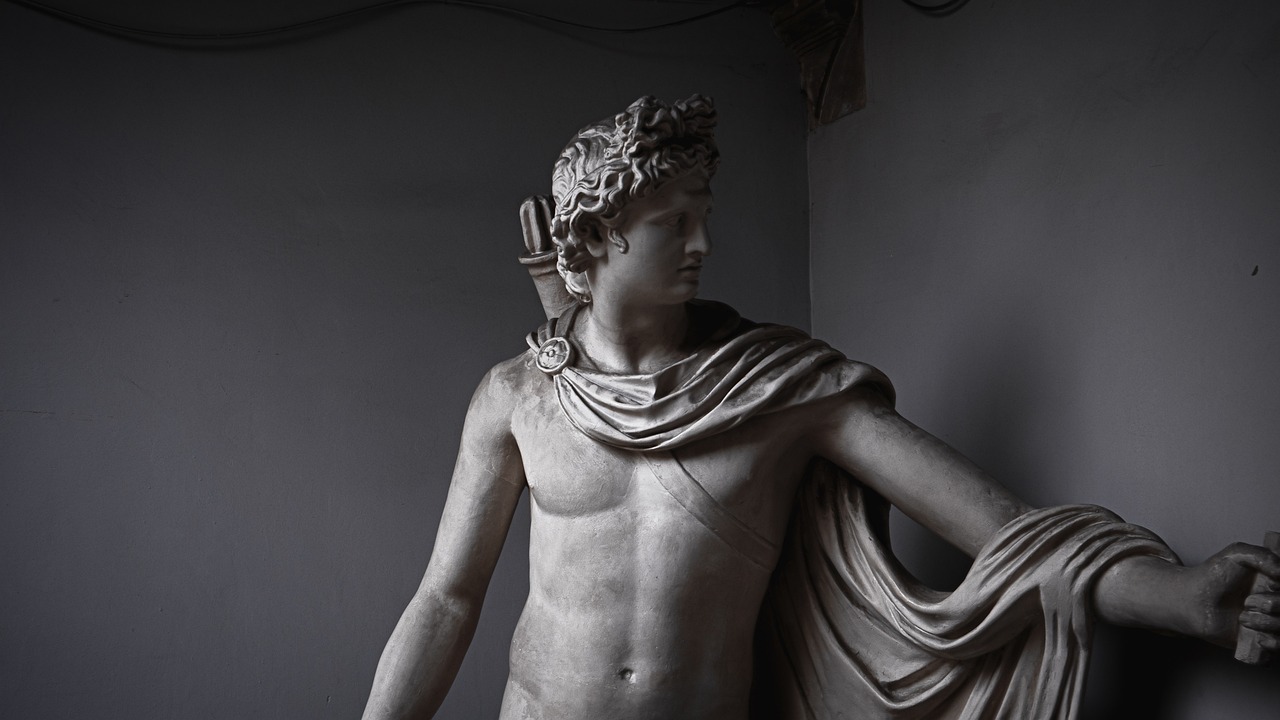Athena, a prominent figure in Greek mythology, is revered as the goddess of wisdom, warfare, and craftsmanship, often equated with the Roman goddess Minerva. Representing urbanity and civilization, she stands in stark contrast to Artemis, who embodies the untamed wilderness. Believed to have origins prior to the Hellenic era, Athena was assimilated into Greek culture, transitioning in significance from a domestic icon to a powerful war deity in a militaristic society.
As the daughter of Zeus, she made a remarkable entrance into the world, emerging fully formed from his forehead. Some narratives indicate that Zeus ingested her mother, Metis, a goddess known for wisdom, only for Athena to subsequently arise from him. Being Zeus’s favored offspring endowed her with considerable authority. Athena’s connection to the acropolises, often the dwelling of royalty, marked her as a protector of cities. Uncommonly, she was depicted as having no consort or offspring, although later interpretations emphasized her virginity, symbolizing both purity and autonomy. This virginity aligns with her epithets, such as Pallas and Parthenos, which reflect her independence.
In the epic poems attributed to Homer, particularly the Iliad, Athena is pivotal as a war goddess, championing Greek warriors in battles, associating her support with the concept of martial excellence. Unlike Ares, the god of war who represents the fury of battle, Athena embodies the virtues of strategy and justice, showcasing the intellectual aspects of warfare. Her character in the Iliad symbolizes an ideal form of heroism and valor. The aegis, or protective garment associated with her, symbolizes crucial battle qualities like courage and resilience.
Athena also plays a significant role in the Odyssey, where she acts as the protector of Odysseus. Later myths depict her as a guiding figure for heroes like Perseus and Hercules. Known as the goddess of wise counsel and prudent strategy, she occupies a pivotal position in both war and governance.
The Parthenon, a temple situated on the Acropolis in Athens, stands as a testament to her worship. Though she was revered in many Greek cities, her identity as Athena Polias, the city’s guardian, became especially significant in Athens, coinciding with the city’s evolution from a monarchy to a democratic form of governance. Associated with symbolism such as the owl and the serpent, she is visually represented in art with armor, a helmet, a shield, and a spear.
Prominent Greek cultural figures like artist Phidias and playwright Aeschylus helped shape and disseminate Athena’s iconic image. Phidias created awe-inspiring statues, including the grand gold and ivory Athena Parthenos that once adorned the Parthenon, while Aeschylus incorporated her into profound narratives, establishing civic precedents like that of acquittal by tied vote in judicial matters.
Athena’s legacy as a goddess of arts, aiding in crafts such as weaving, also evolved, leading to her eventual representation as a symbol of wisdom and moral integrity.



